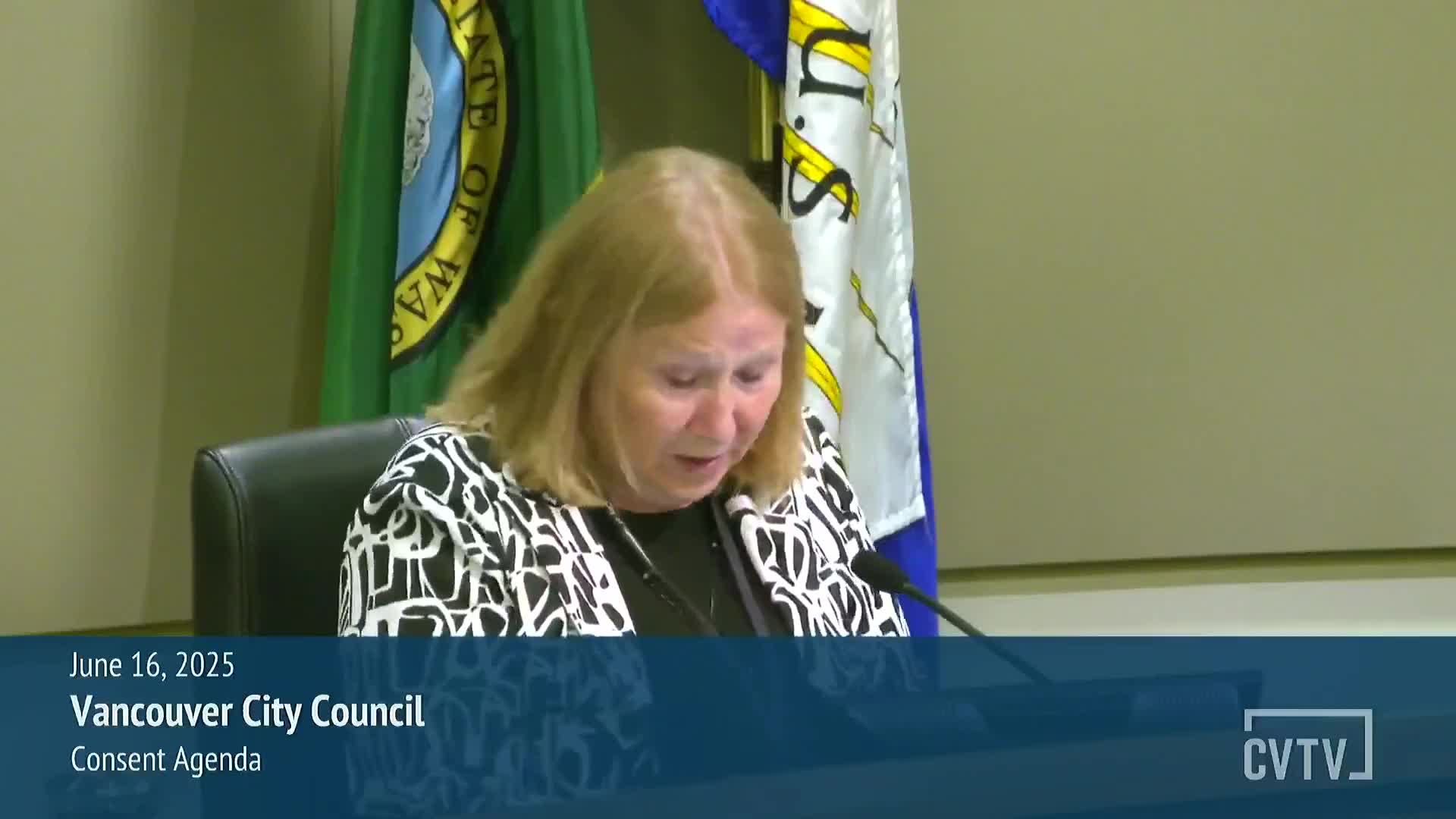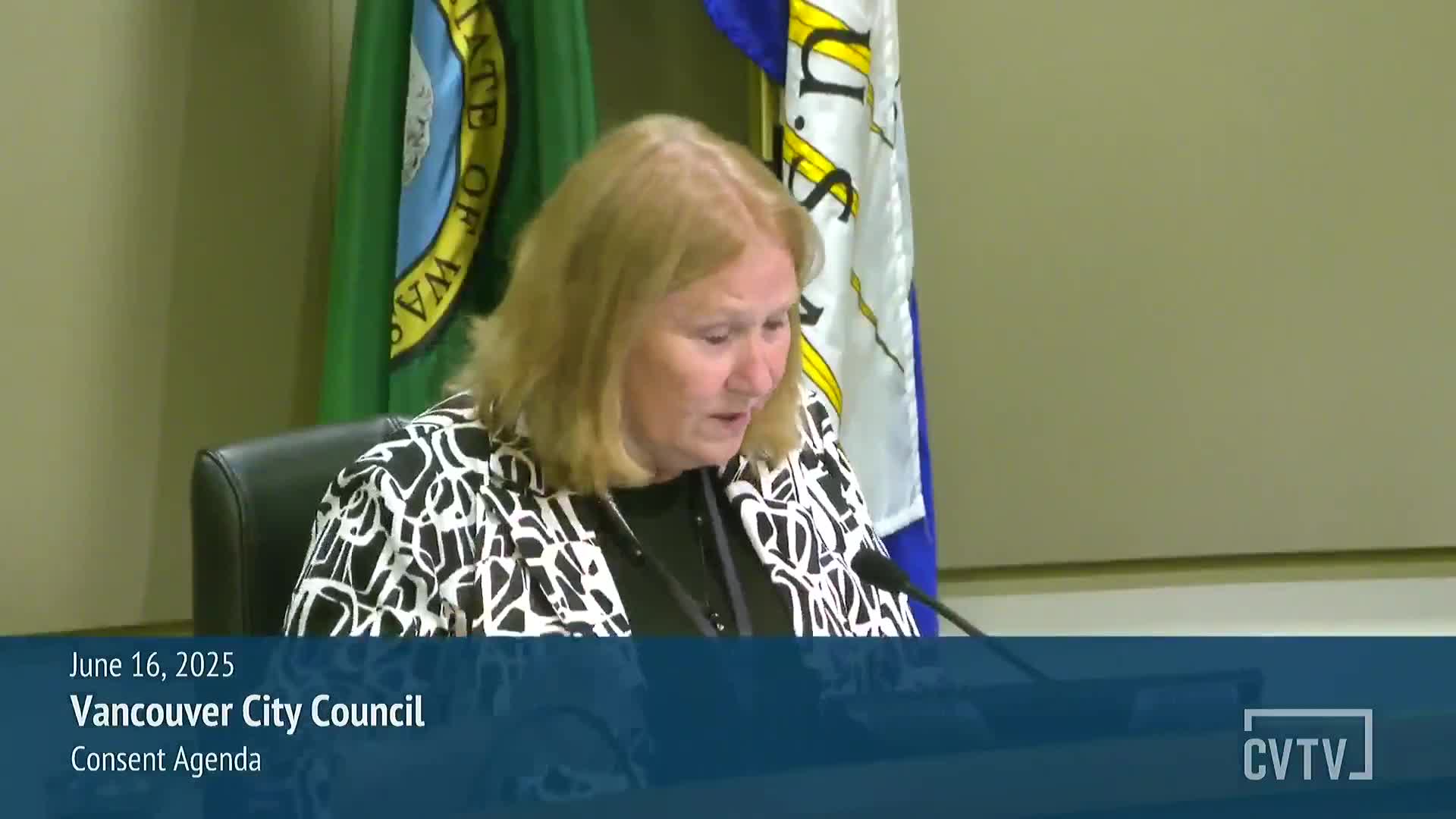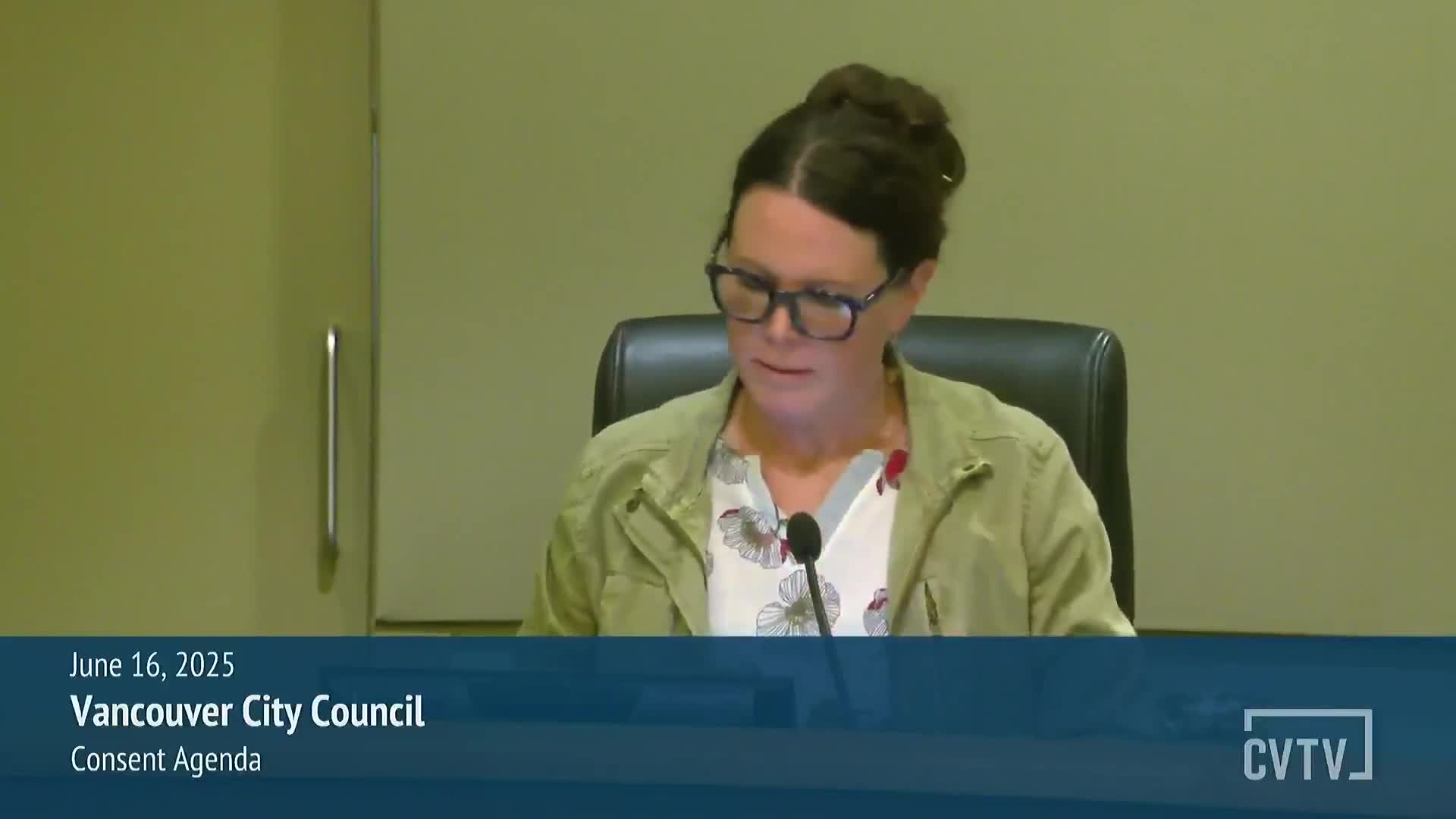Article not found
This article is no longer available. But don't worry—we've gathered other articles that discuss the same topic.

Council approves 2025–26 supplemental and biennial budget; credit/debit card convenience fees to be passed to non‑utility customers

Council adopts rental registration ordinance; councilors debate definitions, exemptions and fees

